News and Events
Latest news updates
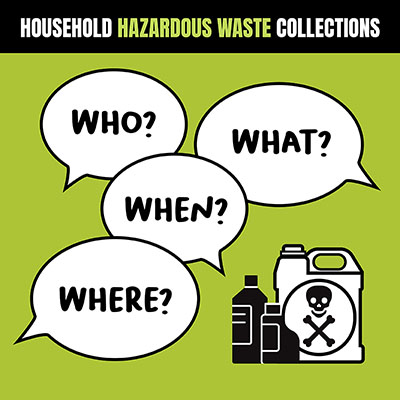
2024 Household Hazardous Waste Collections
Bring your household chemicals for free & safe disposal! In the month of May, there will be the opportunity to dispose of any unwanted household and garden chemicals across Northern Tasmania. This includes: Please see below for collection days, times, and locations available for the free and safe disposal of your household chemicals. For safety […]
Read more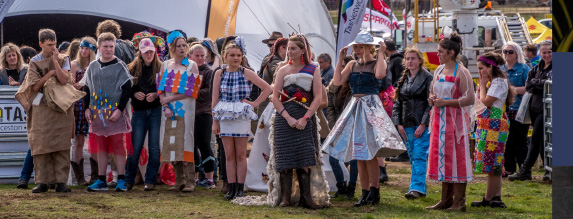
Ag Artwear Competition 2024
We’re excited to confirm the return of the most stylish competition – the Ag Artwear Competition, as part of Agfest 2024! Entering the competition Entrants must create wearable ‘works of art’ including accessories (hat, handbag, earrings, footwear etc.) created from materials and items of an agricultural nature found on a farm. The age categories are: […]
Read more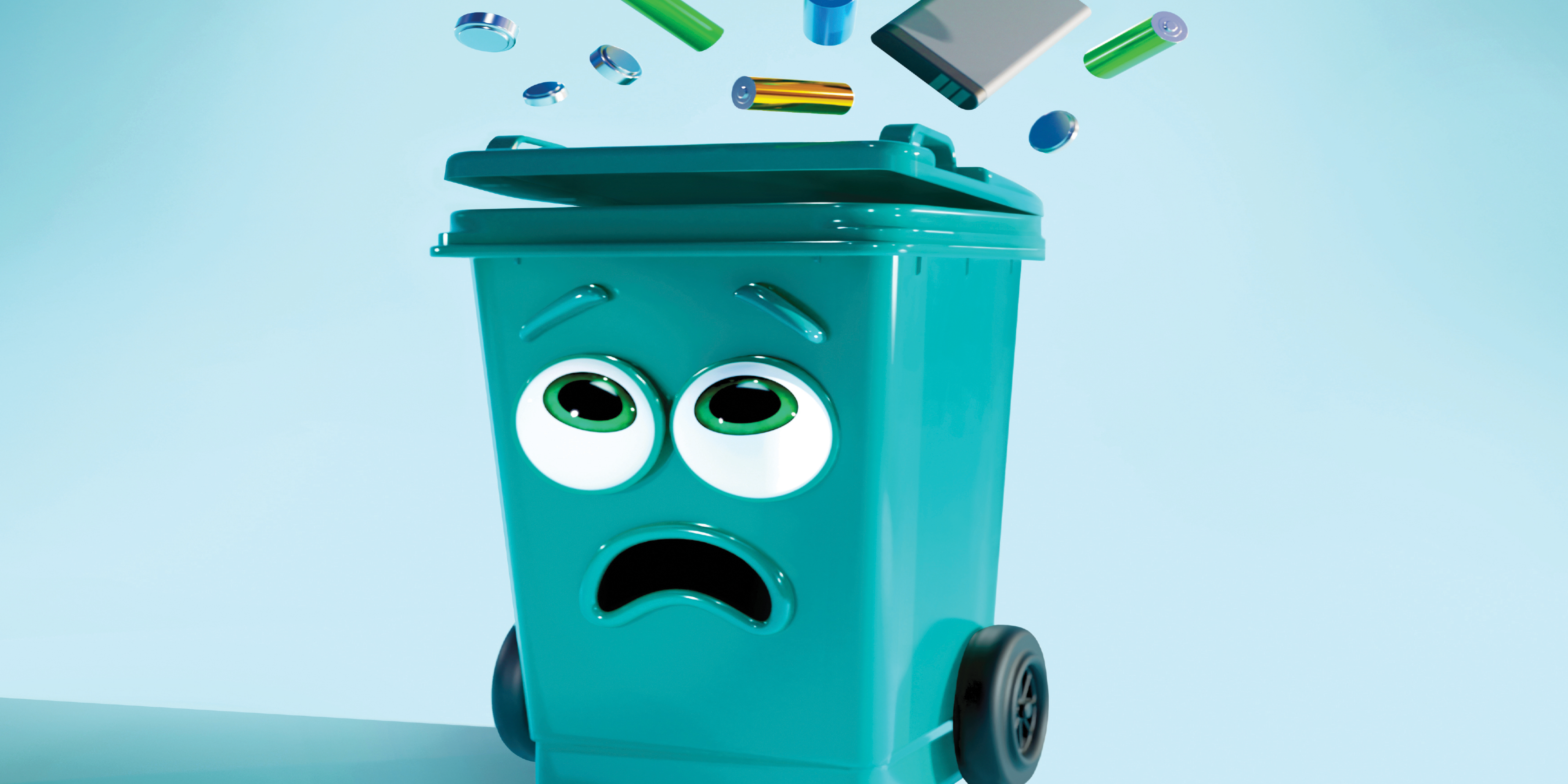
B-cycle Battery Safety Awareness Campaign
B-cycle wants to raise awareness and change current behaviours around household battery disposal 🔋 B-cycle is about creating a responsible battery lifecycle – from buying better batteries for the planet, to safe use, and recycling. Unfortunately, 90% of Australia’s used batteries end up in landfill, where they can leak toxic materials into the environment. B-cycle […]
Read more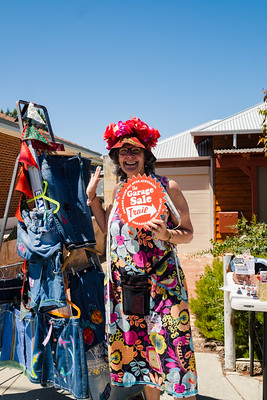
Garage Sale Trail
The Garage Sale Trail is happening across two big weekends in November, 2023! Garage Sale Trail is Australia’s festival of pre-loved stuff, dedicated to helping you extend the life of your stuff and find the ultimate pre-loved gem. In 2022, over 300,000 Australians shopped or sold at more than 15,000 garage sales across the nation. […]
Read more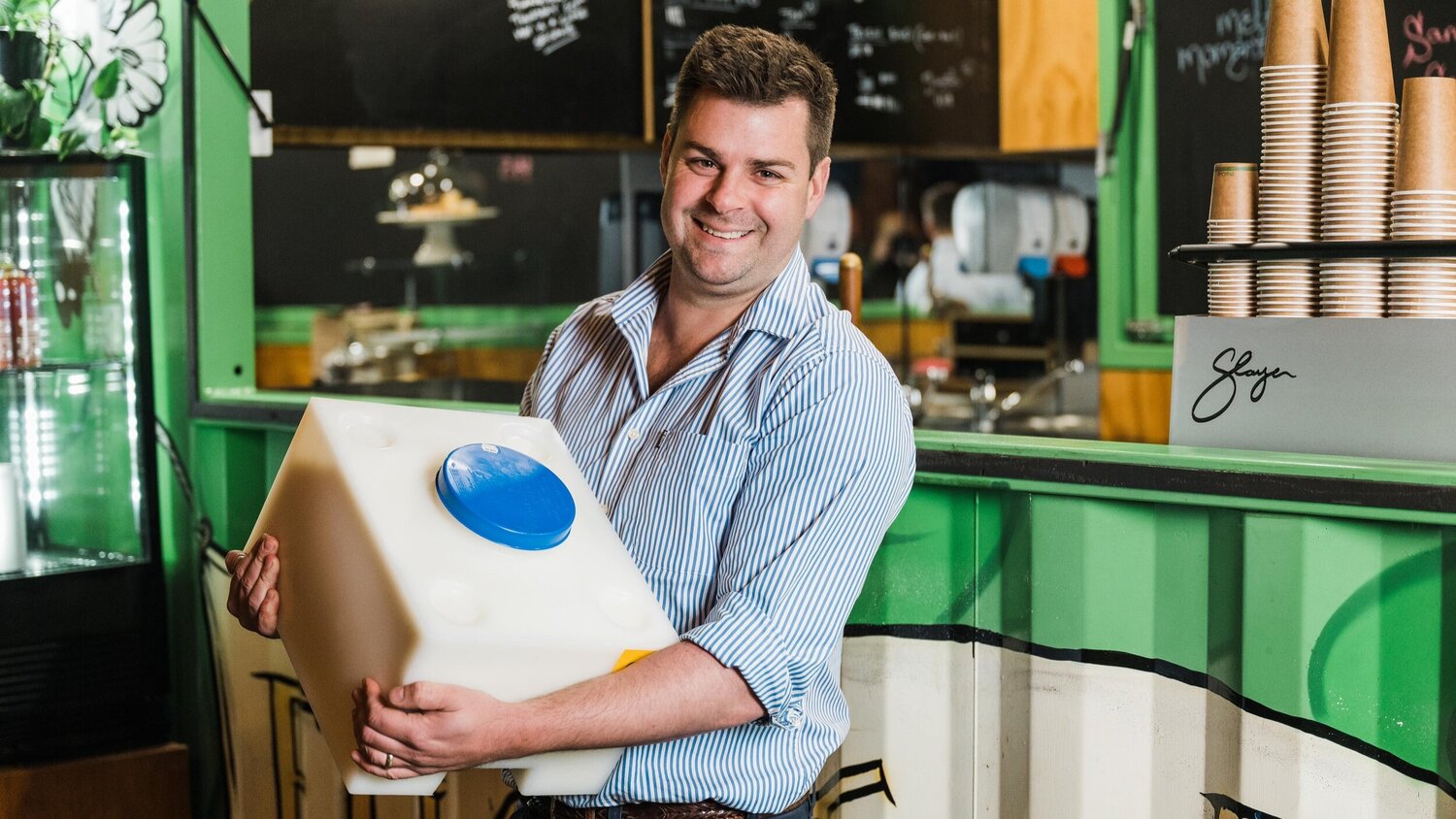
The Udder Way interview with founder, Ed Crick
Designed and manufactured in Tasmania, The Udder Way is an initiative bought to life by Ed Crick. Its mission is to eliminate single-use plastics globally. The idea was sparked by Ed noticing just how many 2-litre milk bottles were being used and sent to landfill, and how wasteful this practice is. “It’s the only commodity […]
Read more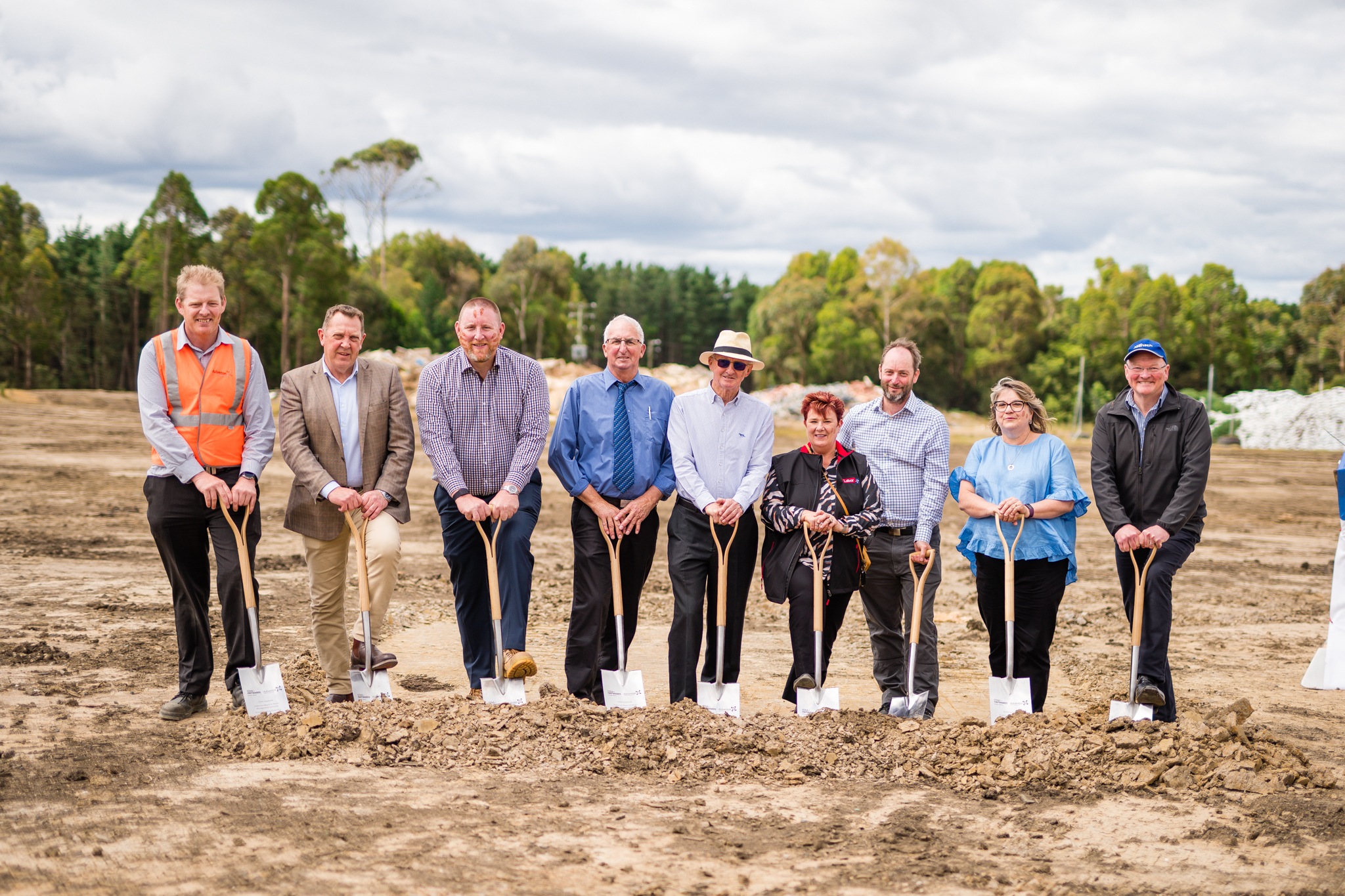
Construction commences on the Dulverton Organics Transformation Project
Monday 12th December 2022 saw the exciting commencement of the Dulverton Organics Transformation Project, also known as the DOT – which will transform composting on Tasmania’s North West Coast. Members of the Dulverton Waste Management Board and Government members, owner representatives, industry partners and construction partners attended a groundbreaking ceremony to signify the construction phase […]
Read more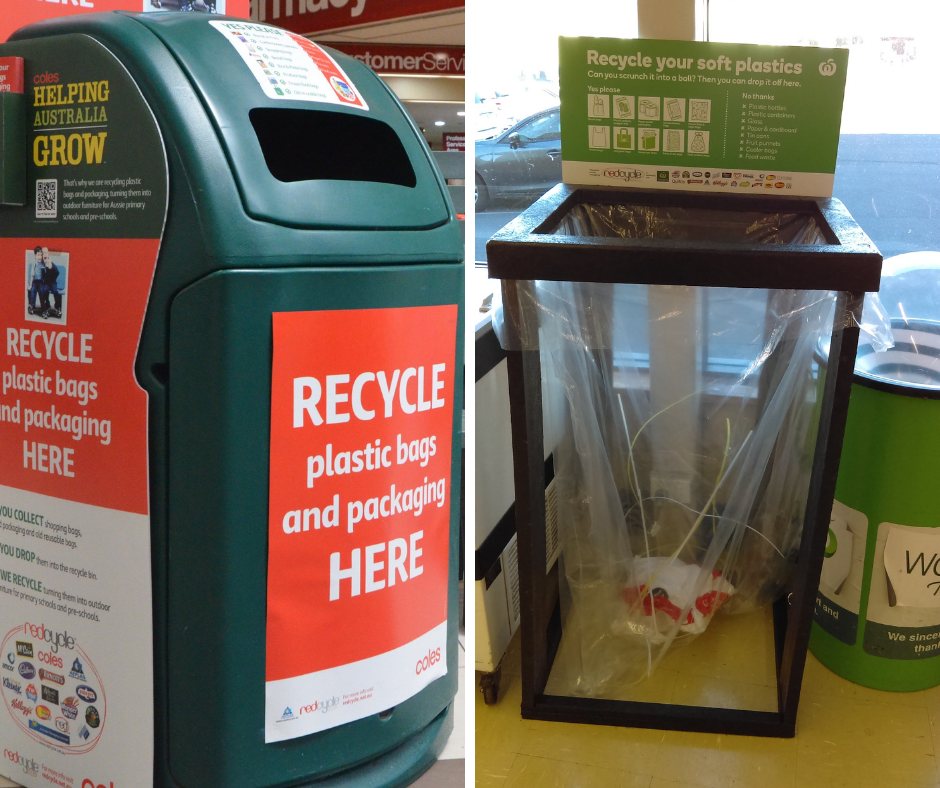
Suspension of the REDcycle program – and WMRR response
Today, Australia was shaken by the announcement of the suspension of the REDcycle program – which oversaw the recycling of soft plastics nationwide, with drop-off points at Coles and Woolworths supermarkets. The Waste Management and Resource Recovery Association of Australia have issued the following statement in regards to the news about REDcycle. WMRR response to […]
Read more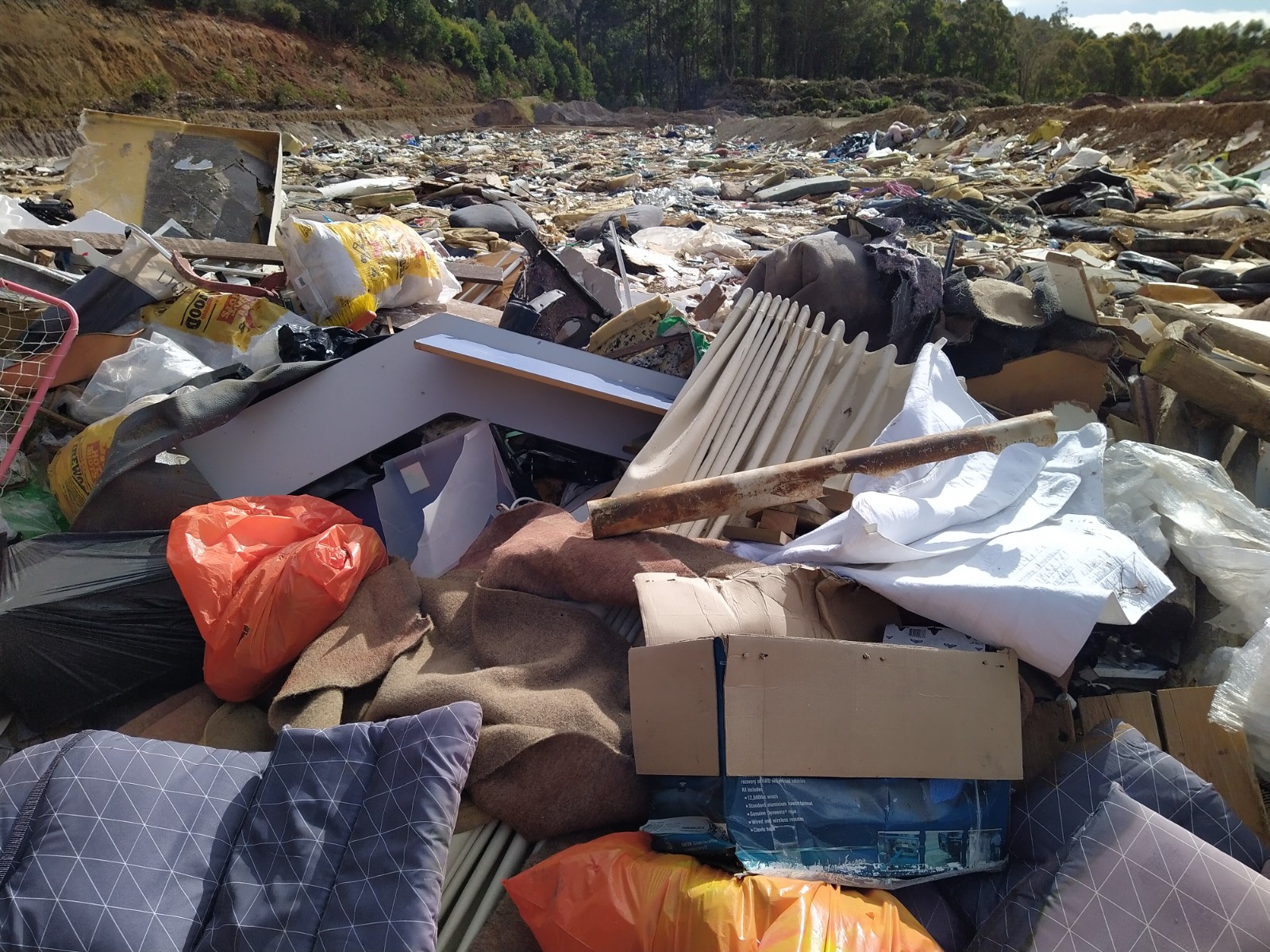
Tasmania’s Landfill Levy: starts July 1
The new landfill levy is a fee paid by Tasmania’s landfill operators for every tonne of waste disposed in their landfill. Waste is weighed at time of delivery and a $20/tonne fee is collected by the State Government. The Tasmanian Government’s landfill levy starts from 1 July 2022. The money raised through the levy is […]
Read more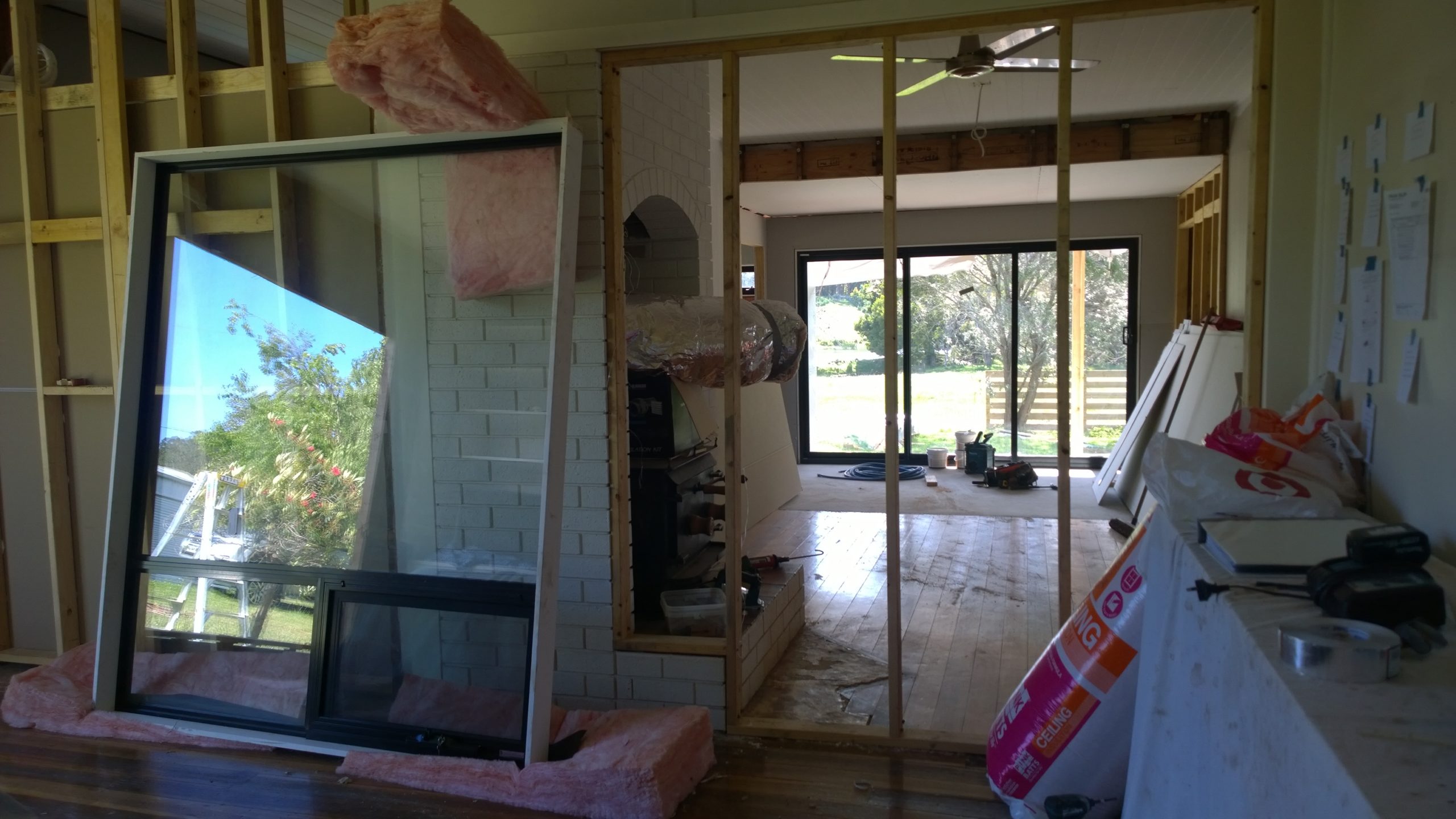
Why salvaging building site waste is good for your bottom line
It’s no secret that our landfills are choking on waste – bad news for both our environment and the planet. The good news is, just like our household waste, we could be salvaging much of the building site waste coming from construction and demolition jobs. And, with the State Government introducing a new levy on […]
Read more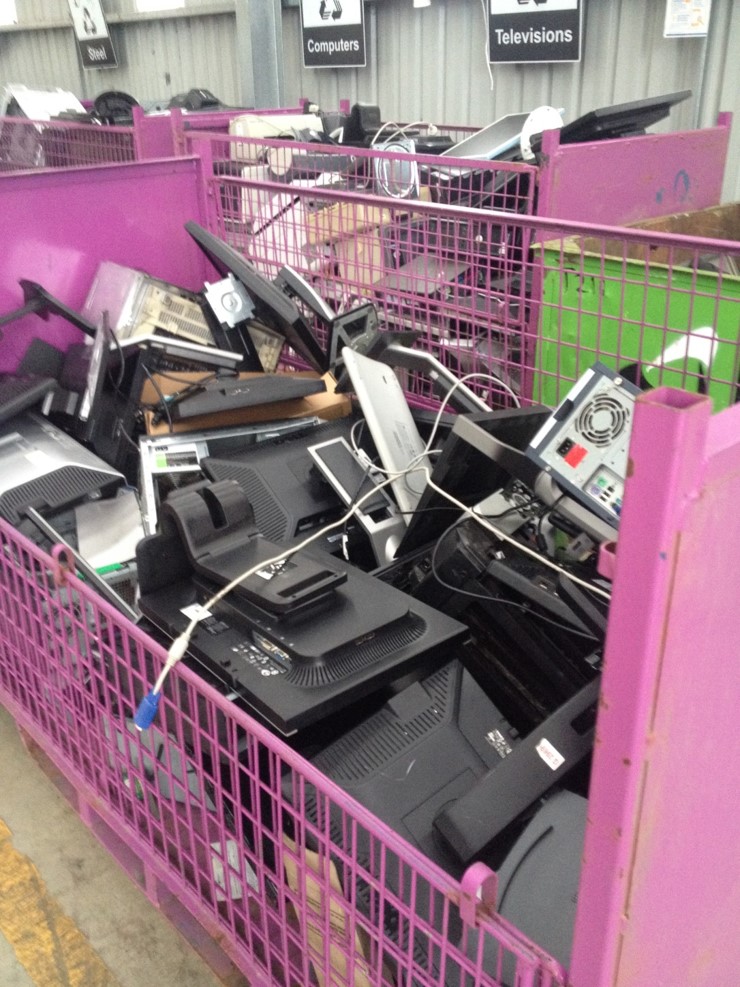
How Product Stewardship Schemes are helping Tasmanian businesses reduce landfill costs
Most of us do a great job utilising kerbside recycling – both at home and in our businesses. But what about those tricky items that seem, by all accounts, unrecyclable? Too often, these products (and the precious materials they contain) end up in landfill, which is bad news for our economy and the health of […]
Read more